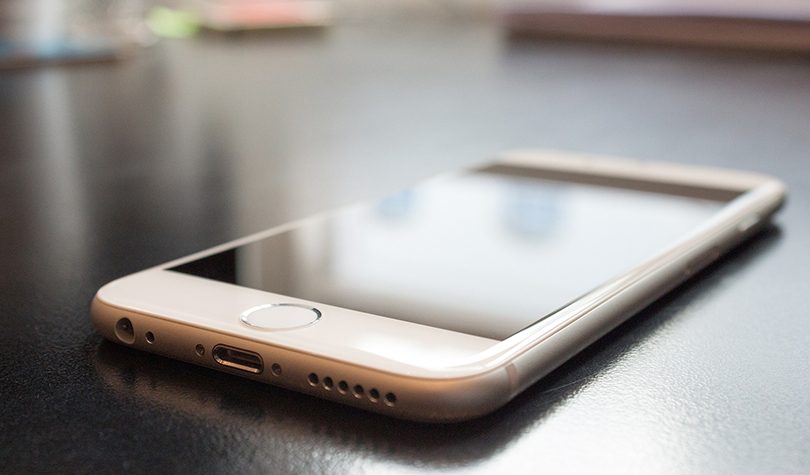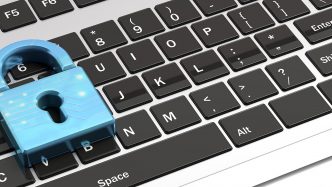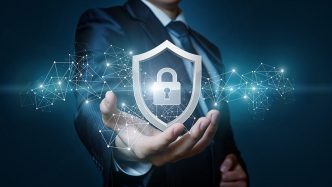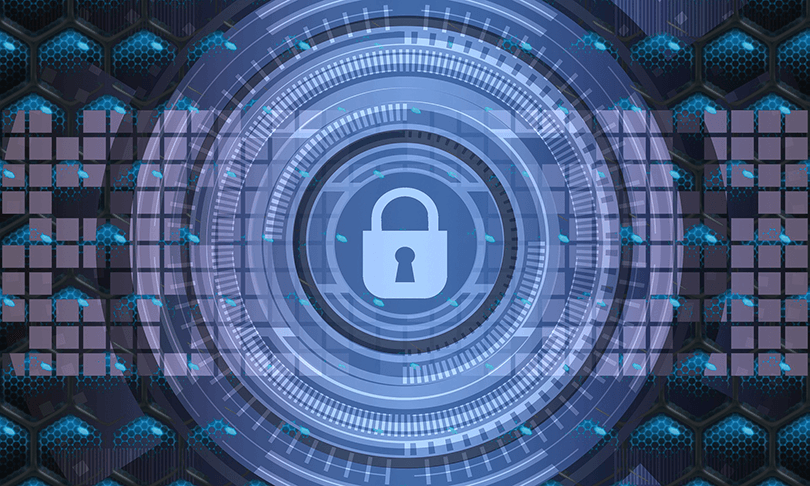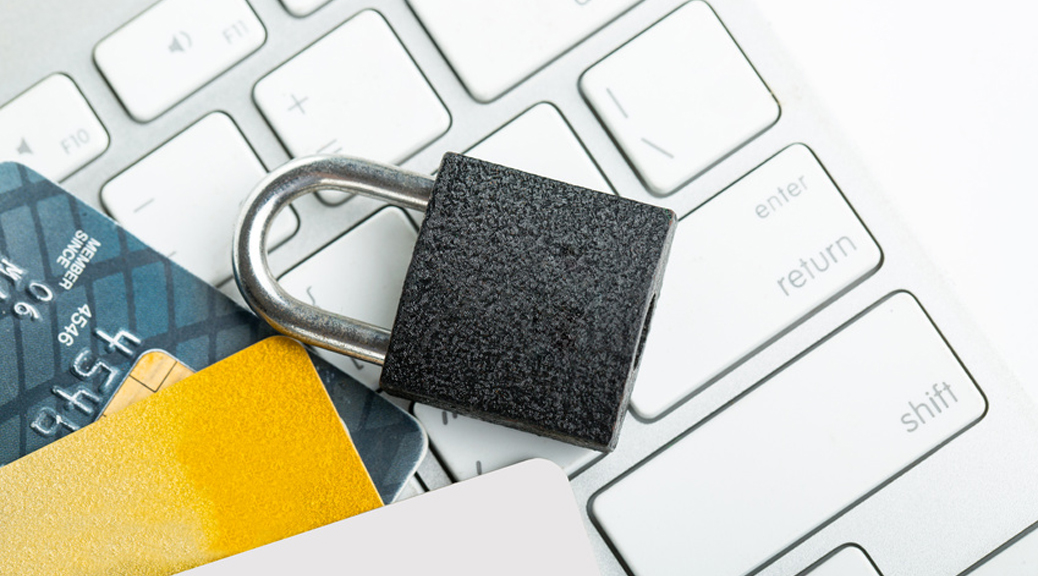Approximately 50 percent of people in the United States own a tablet, and 77 percent currently own a smartphone, a more than 50 percent increase since 2011, according to the Pew Research Center.
These statistics highlight a rising technological trend: an increase in cybercriminals.
The increase in Americans who own smartphones seems to directly correlate with the rise in mobile device attacks by cybercriminals. In less than a year, researchers have seen a 185 percent increase in malware aimed specifically at mobile devices (laptops, smartphones, tablets).
As these numbers rise, it is increasingly important to ensure that mobile devices are properly secured.
“Mobile devices are more easily lost and stolen than traditional [i.e., desktop] computers,” said Walter Ray, chief information security officer at Augusta University. “The data stored on them is at greater risk than the data stored on a desktop computer.”
The first step to ensuring protection is to encrypt mobile devices. Ray recommends using a six-digit pin as well as making sure the software on each device is updated. This helps eliminate vulnerabilities in encryption software. Also, existing security settings should not be changed as this can make the device more vulnerable to attacks.
For Augusta University faculty and staff, it is especially important to protect mobile devices as they may contain protected health information (PHI).
“If a device is not properly secured, the worst-case scenario is that a device that stores PHI can be lost or stolen, and that would constitute a breach under HIPAA,” Ray said. “If we have a breach, we have to take several steps including notifying patients that a breach has occurred.”
Faculty and staff should only store PHI on mobile devices if absolutely necessary. If PHI is stored on a device, contact Information Security to ensure that mobile devices are properly encrypted.
Ray also encourages the Augusta University community to only use encrypted wireless networks, especially for those whose devices contain PHI.
“It is highly recommended to avoid unencrypted wireless connections, especially free Wi-Fi hotspots in airports, coffee shops and other public places,” he said. “Unsecure network connections can make your personal information, contacts, photos and even login credentials up for grabs for hackers. Always be vigilant and use encrypted/secure wireless connections like GR-Secure while on campus.”
If a mobile device is lost or stolen, submit a lost/stolen equipment form. For more information about Augusta University’s mobile device policies, visit augusta.edu/its/policies.
 Augusta University
Augusta University
